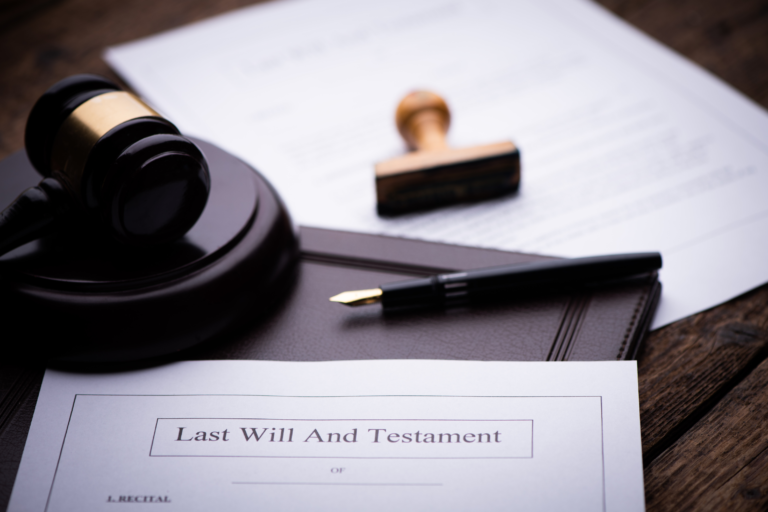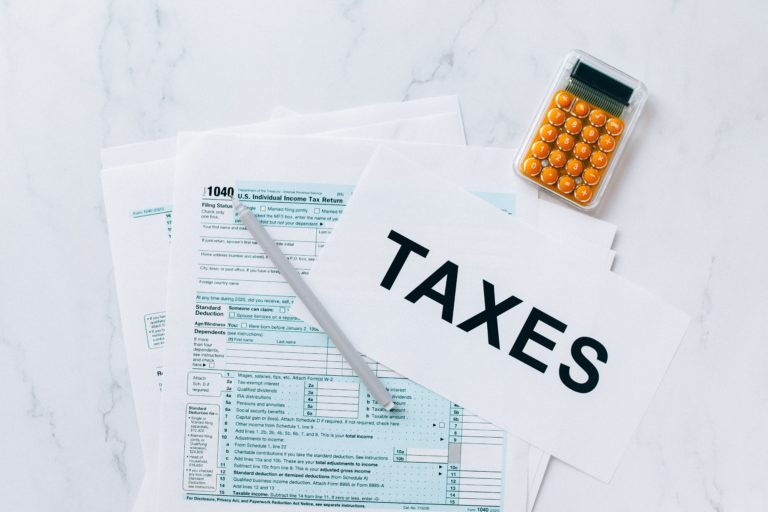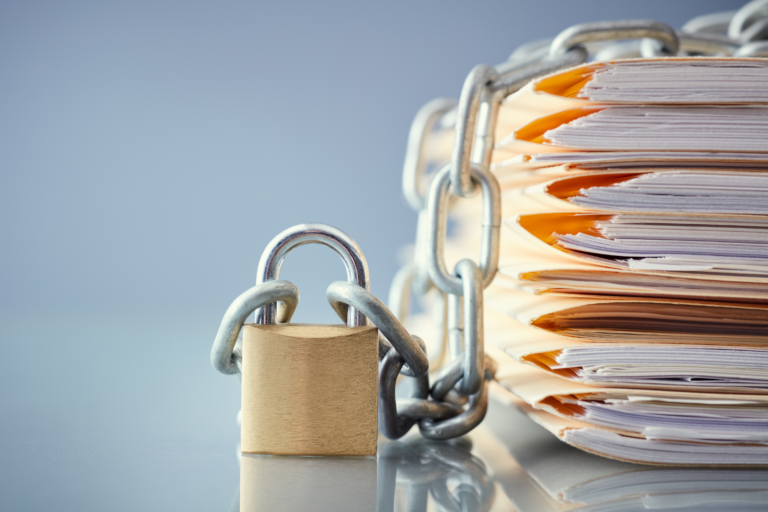Probate is the legal process of validating a will and ensuring the proper distribution of assets to heirs and beneficiaries. This involves an arduous, lengthy, and often expensive procedure. However, there are certain assets that are exempt from probate in Florida. This knowledge can be invaluable in times of bereavement, providing clarity regarding the fate of a departed loved one’s assets.
If you want to know “How do I inherit a house without probate?”, in this article we delve into the topic.
Which Assets Avoid Probate In Florida?
Below, we will explore the types of assets that are exempt from probate in Florida.
Revocable Trust
This arrangement that facilitates the transfer of asset ownership, removing the deceased individual as the owner. In that way, the trust and its content are exempt from probate.
Named Beneficiaries
If the estate is not listed as one of the beneficiaries, then the assets with named beneficiaries designated to inherit them after the owner’s passing will be exempt from probate.
Transfer On Death (TOD) Accounts
Certain financial accounts provide the option for the account holder to appoint a beneficiary who will automatically inherit the assets upon the holder’s passing, eliminating the need for probate.
Shared Retirement Accounts
Shared retirement accounts typically grant full ownership to the surviving account holder.
Tenancy By Entireties
In the state of Florida, when spouses jointly own assets like a home or vehicles, they automatically become co-owners as long as the asset is not bequeathed to someone else through a will.
Florida Homestead Property
This piece of information will help to answer the question “How do I inherit a house without probate?”
In Florida, your main residence is legally known as a ‘homestead,’ and it usually does not go through the probate process because this state’s laws protect homesteads from creditor claims. Therefore, the transfer of property title becomes a straightforward process.
The sole requirement is that the property must have served as the primary residence of the deceased owner and must not have been abandoned. Temporary absences are acceptable if there is an intention to return to the property as a home.
Additional assets exempt from probate include furniture, personal belongings, and items within the deceased’s primary residence, as long as their combined value remains below $20,000. The same happens with motor vehicles owned by the deceased that weigh no more than 15,000 pounds each.
Are Household Belongings Exempt From Florida Probate?
Typically, a deceased loved one’s household items and possessions are exempt from probate in Florida. However, items like clothing, art pieces, jewelry, even if they lack substantial value, may still need to go through the probate process.
Methods For Probate Avoidance In Florida
In collaboration with a Florida probate attorney, you can explore various legal strategies to steer clear of the probate process. These strategies encompass:
- Establishing a living trust and transferring assets into it.
- Designating a co-owner for an asset.
- Specifying a beneficiary for assets with transfer-on-death provisions.
- Gifting your assets, transferring ownership to your intended beneficiaries.
Contact Us Today
If you’re interested in safeguarding your assets from the probate process in Florida, our team of skilled and experienced probate attorneys can assist you with that. Contact us today at (305) 921-0976, [email protected], or WhatsApp +1 (305) 921-0976 to schedule an initial consultation.






